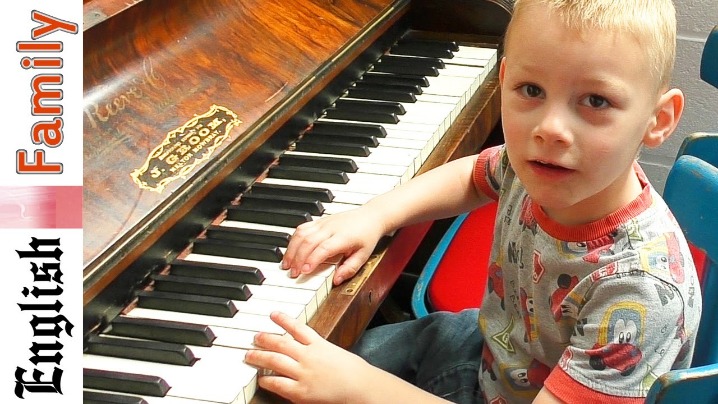The world of music offers remarkable benefits, especially when exploring Piano lessons for Autistic Child scenarios. Many parents and educators have observed that music can be a therapeutic and developmental tool for children on the autism spectrum. The structured yet creative nature of piano lessons can provide substantial support to these young learners.
Benefits of Piano Lessons for Autistic Children
Music, and more specifically, piano instruction, can have a tremendous impact. Here are some key benefits:
- Improves Motor Skills: Playing the piano requires precise finger movements, contributing to better fine motor skills.
- Enhances Cognitive Development: Learning to read music and play an instrument engages multiple areas of the brain simultaneously.
- Provides Sensory Integration: Piano lessons can help autistic children integrate and process sensory information more effectively.
- Boosts Emotional Expression: Music offers a non-verbal way for children to express their feelings and emotions.
- Increases Attention Span: The focus required in learning and practicing can help improve concentration and attention.
Choosing the Right Piano Teacher
When looking for a piano instructor for an autistic child, there are several factors to consider:
- Experience with Autism: Ensure the teacher has experience working with children on the autism spectrum.
- Patience and Understanding: The right instructor should be patient and empathetic, adapting their teaching style to the child’s needs.
- Use of Visual Aids: Many autistic children benefit from visual learning aids; make sure the teacher incorporates this into lessons.
- Communication Skills: Effective communication between the teacher, child, and parents is crucial for progress.
Read more about Piano lessons for Autism here.
Tips for Parents
Parents play a significant role in reinforcing the benefits of piano lessons at home. Here are some tips:
1. Be Encouraging:
Constantly encourage and praise your child’s efforts and accomplishments.
2. Establish a Routine:
Consistent practice schedules help reinforce learning.
3. Create a Comfortable Environment:
Make sure the practice area is quiet and free of distractions.
4. Attend Lessons:
Frequently Asked Questions
Here are some common questions that parents often ask about piano lessons for autistic children:
Q: How do piano lessons help with social skills?
A: Playing an instrument often involves teamwork, whether in a duet or larger group setting. This collaborative aspect can encourage social interaction and enhance social skills.
Q: Are there specific piano methods suitable for autistic children?
A: While no single method suits all autistic children, some popular approaches include the Suzuki Method and other adaptive teaching techniques tailored to the child’s needs.
Q: How do I know if my child is ready for piano lessons?
A: Look for signs of interest in music and readiness in motor skills. It’s also beneficial to consult with educators or therapists who are familiar with your child’s development.
Incorporating piano lessons for Autistic Child into their routine can significantly enhance various developmental areas, offering benefits that extend beyond music. With patience, the right teacher, and parental involvement, these lessons can become a transformative experience.
